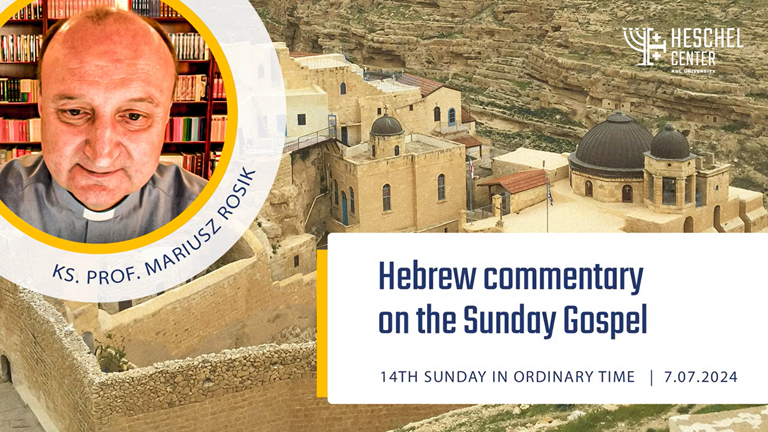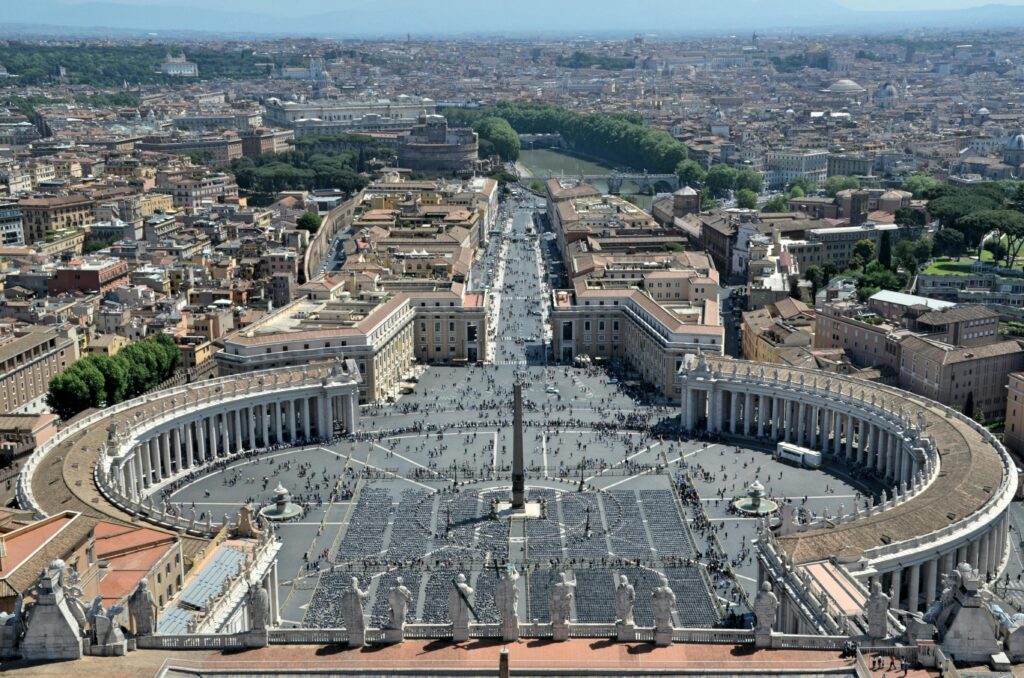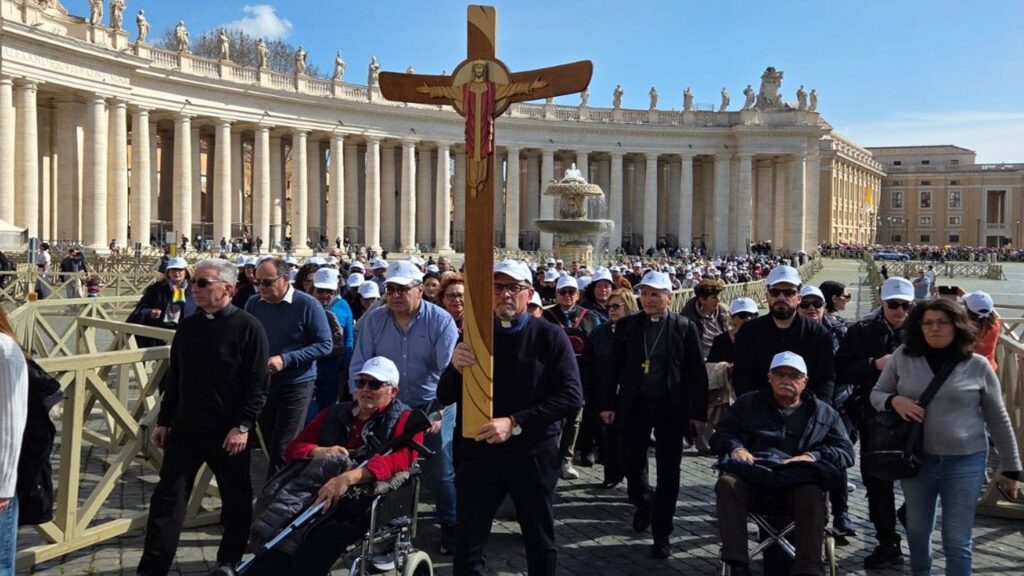On the relationship between the Christian Liturgy of the Word of God and the synagogue liturgy
“Christian services of the Word of God or the Liturgy of the Word of God during the Eucharist are anchored in the synagogue liturgy. The service had a strictly defined layout.” – stresses Rev. Prof. Dr. Mariusz Rosik, biblical scholar, in a commentary for the Heschel Center of the Catholic University of Lublin’s, for Sunday, July […]

“Christian services of the Word of God or the Liturgy of the Word of God during the Eucharist are anchored in the synagogue liturgy. The service had a strictly defined layout.” – stresses Rev. Prof. Dr. Mariusz Rosik, biblical scholar, in a commentary for the Heschel Center of the Catholic University of Lublin’s, for Sunday, July 7.
On the backdrop of the Gospel about Jesus’ visit to the synagogue in his hometown of Nazareth, let’s make three reflections.
First, Jesus was probably reminded of his childhood years and episodes related to this synagogue. At the time of Christ, boys received their schooling. It was essentially a school attached to the synagogue. Learning began at the age of five. For five years, the art of reading and writing was taught and the Torah, otherwise known as the Pentateuch, and the other books of the Hebrew Bible were studied. For the next two or three years, the student learned the ins and outs of the oral tradition, and in this way he was ready to become an adult male. To put it in today’s language – he became ready for the bar mitzvah rite.
Secondly, Christian services of the Word of God or the Liturgy of the Word of God during the Eucharist are anchored in the synagogue liturgy. The service had a strictly defined layout: after the recitation of the introductory prayers, which included “Hear, O Israel!”, the reading of the Pentateuch would begin, followed by the singing of psalms thematically related to the content of the reading. Then another reading was read, this time from the books of the prophets. Finally, the targumu, or translation of the readings, was performed, the “Eighteen Blessings” were recited and concluded with the Aaronic blessing (Lev. 6:24-26).
Third, Jesus spoke to his relatives and residents of Nazareth, most of whom he probably knew. These were religious people, for after all they came to the synagogue. Despite their religiosity, however, they were unable to see God’s work in Jesus’ miracles and hear God’s message in his teaching. And this is an important warning for us: for religiosity is not equivalent to the ability to see God’s authentic signs in our daily lives.
https://www.youtube.com/watch?v=Na3l5S-z1ms
About the author:
Related

Holy Week 2025 at the Vatican: Calendar. Faith, Tradition, and a Long-Awaited Canonization
Exaudi Staff
02 April, 2025
1 min

Young Catholic Entrepreneurs: Stories of Faith, Courage, and Business Success
Javier Ferrer García
02 April, 2025
4 min

Echoes of the Jubilee of the Missionaries of Mercy
José María Montiu de Nuix
02 April, 2025
4 min

Discover Your Vocation: The Divine Path to a Full and Holy Life
Patricia Jiménez Ramírez
01 April, 2025
5 min
 (EN)
(EN)
 (ES)
(ES)
 (IT)
(IT)

